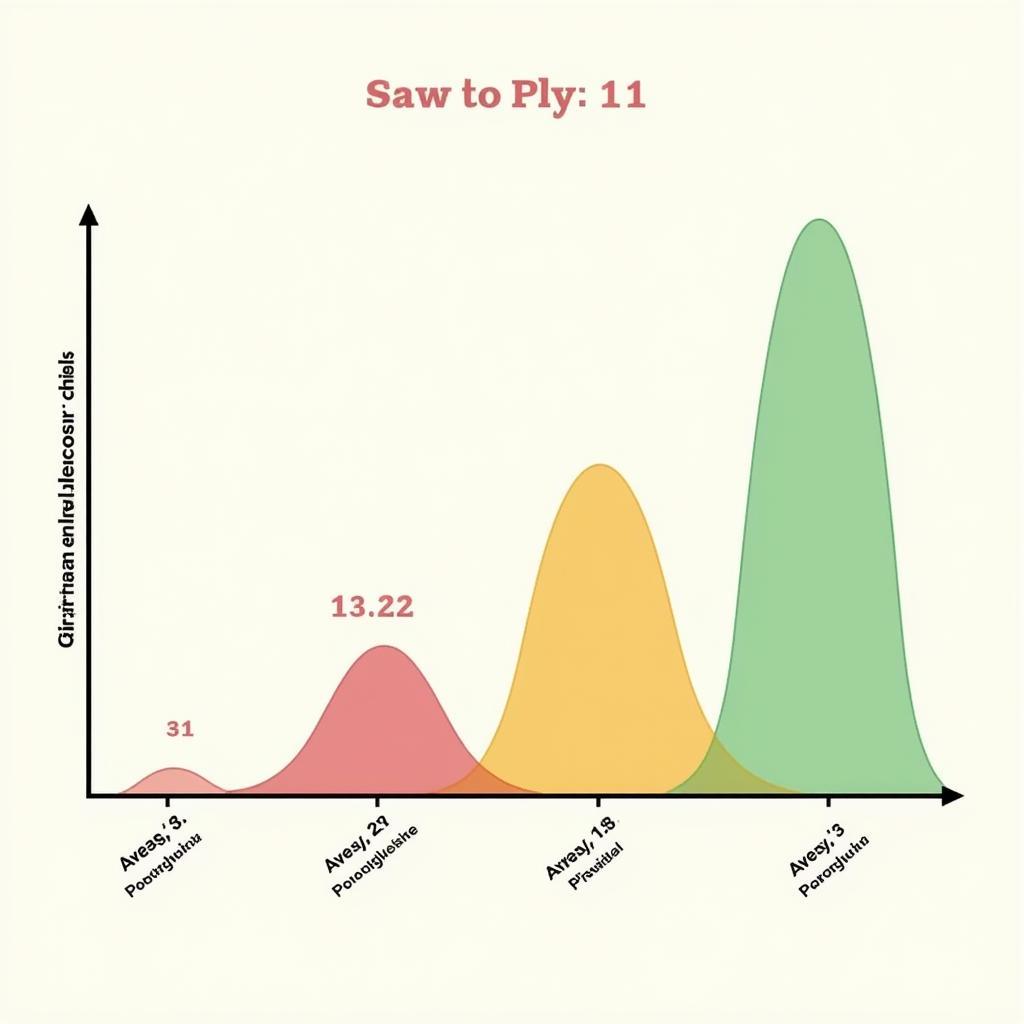The Amazing World of African Grey Parrots
African grey parrots are renowned for their exceptional intelligence and talking abilities, captivating bird enthusiasts worldwide. These remarkable creatures, hailing from the dense forests of Central and West Africa, possess a unique blend of beauty, charm, and cognitive prowess that sets them apart in the avian world. Let’s delve deeper into the fascinating lives of these extraordinary companions.
You might be surprised to know that an African grey’s natural diet encompasses more than just seeds. It includes a variety of fruits, nuts, and even insects in their african grey parrot natural diet.
Understanding African Grey Parrot Intelligence
African greys aren’t just mimicking sounds; they demonstrate a true understanding of language. Studies have shown their ability to solve complex problems, use tools, and even understand abstract concepts like categories and numbers. Their cognitive abilities are often compared to those of a young human child, making them truly remarkable creatures. This intelligence translates to a need for mental stimulation and enrichment in captivity. Providing a stimulating environment is crucial for their well-being and happiness.
What makes African grey parrots so smart? Their large brain size relative to their body, combined with a highly developed social structure in their african grey parrot native habitat, contributes to their remarkable intelligence.
Caring for an African Grey Parrot
Owning an African grey parrot is a significant commitment. Their long lifespan, often exceeding 50 years, requires dedication and responsible ownership. Providing proper nutrition, a spacious cage, and regular veterinary care are essential for their physical health. Equally important is meeting their social and emotional needs, including regular interaction, training, and opportunities for play.
One way to keep your African grey mentally stimulated is by providing them with enriching toys. You can even make your own! Check out these african grey toys diy ideas.
Housing and Environmental Needs
A spacious cage is paramount for an African grey parrot. It should be large enough for them to spread their wings fully and comfortably climb and play. Enrichment items such as perches of varying sizes, toys, and foraging opportunities are essential to prevent boredom and promote natural behaviors. Providing a stimulating environment mimics their natural habitat and encourages physical and mental well-being.
What kind of cage is best for an African grey? A stainless steel cage is often recommended due to its durability and ease of cleaning.
Diet and Nutrition for African Greys
A healthy diet is essential for an African grey’s well-being. While seeds can be a part of their diet, they should not be the sole source of nutrition. A balanced diet includes a variety of fresh fruits, vegetables, nuts, and high-quality parrot pellets. Consult an avian veterinarian to ensure your parrot is receiving the proper nutrients for optimal health and longevity. A varied diet not only provides essential nutrients but also offers mental stimulation through foraging opportunities.
How can you tell if your African grey is at a healthy weight? You can consult an african grey weight chart as a general guideline, but it’s always best to consult with a veterinarian for personalized advice. It’s also helpful to track your parrot’s growth over time by using an african grey growth chart.
Common Health Issues
African greys can be susceptible to certain health problems, including feather plucking, hypocalcemia, and respiratory infections. Regular veterinary check-ups and a proactive approach to their health are crucial for early detection and treatment. Understanding their specific needs and providing a supportive environment can minimize the risk of these issues.
“Proper nutrition plays a crucial role in preventing health issues in African greys,” says Dr. Ava Thompson, an avian veterinarian with over 20 years of experience. “A balanced diet rich in vitamins and minerals is key to maintaining their overall health and well-being.”
Conclusion
African grey parrots are extraordinary companions, offering a unique blend of intelligence, beauty, and personality. Providing them with the care they need, including a stimulating environment, proper nutrition, and regular veterinary attention, ensures a long, healthy, and fulfilling life for these fascinating creatures. Remember, owning an African grey parrot is a commitment that requires dedication and responsible ownership, but the rewards are immeasurable. Understanding their specific needs is key to providing them with the best possible care.
FAQ
- How long do African grey parrots live? African grey parrots can live for 50-80 years.
- What do African grey parrots eat? They eat a variety of fruits, vegetables, nuts, and parrot pellets.
- Are African greys good pets? They can be wonderful companions but require a lot of time, attention, and commitment.
- How can I teach my African grey to talk? Patience, consistency, and positive reinforcement are key to teaching them to talk.
- Do African grey parrots need a lot of space? Yes, they need a large cage with plenty of room to move around and play.
- What are some common health problems in African greys? Feather plucking, hypocalcemia, and respiratory infections are some common health issues.
- How can I tell if my African grey is happy? A happy African grey will be active, playful, and have bright eyes and smooth feathers.
Common Scenarios and Questions
- Scenario: Your African grey starts plucking its feathers. Question: What should I do? Answer: Consult an avian veterinarian to determine the underlying cause, which could be stress, dietary deficiencies, or medical issues.
- Scenario: Your African grey is not talking. Question: How can I encourage it? Answer: Create a stimulating environment, talk to your parrot frequently, and use positive reinforcement techniques.
- Scenario: Your African grey is biting. Question: How can I stop this behavior? Answer: Identify the triggers for the biting behavior and work with a professional trainer to modify the behavior.
Further Reading and Resources
For more information on African grey parrots, explore other articles on our website, such as those covering their natural habitat, diet, and DIY toy ideas. These resources can provide you with valuable insights into their specific needs and how to provide the best possible care.
Contact Us
When you need assistance please contact Phone Number: +255768904061, Email: kaka.mag@gmail.com Or visit our address: Mbarali DC Mawindi, Kangaga, Tanzania. We have a 24/7 customer care team.



